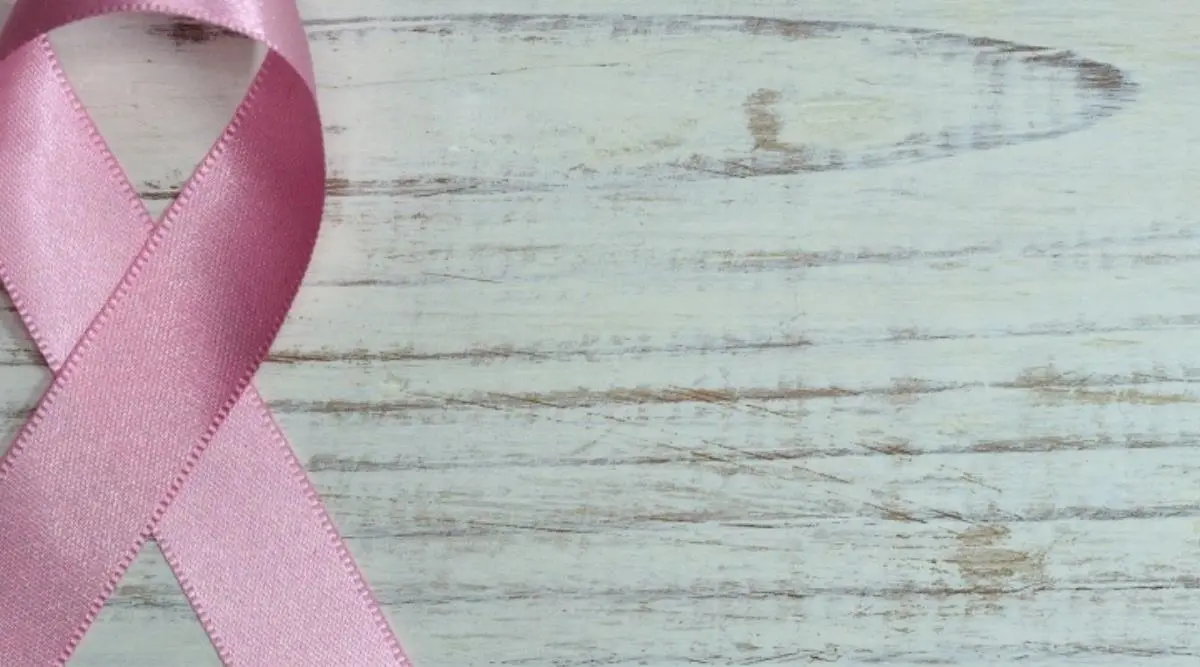Yesterday, February 4 , was World Cancer Day . This was declared by the World Health Organization (WHO), the International Agency for Research on Cancer (IARC) and the International Union Against Cancer (UICC).
This disease causes about 9 million deaths a year , so we all have a chance of suffering from it during our lifetime. It is a disease that is unfortunately the order of the day.
But what is cancer?
Cancer encompasses more than 200 types of diseases, but all are identified with the multiplication and dissemination of cancer cells throughout the body. In other words, normal cells become cancerous, multiplying and attacking tissues and organs.
What does the term “cancer” mean?
It is a generic term that refers to a group of diseases that attack any part of the body.
What is its origin?
Its origin dates back to the year 1600 BC and it is believed that a Greek doctor named Hippocrates was the first to use this term in his studies.
How is it detected?
When a person goes to the doctor, he or she will assess the patient’s medical history and physical examination to determine whether there may be cancer or another health problem. The problem is that it is not always possible to diagnose cancer early, since it is usually asymptomatic during the early stages.
Tests to assess the presence of cancer in a patient are carried out through analyses to assess substances in the blood called tumor markers, imaging tests such as an X-ray, a CT scan, an MRI, an ultrasound, etc., and a study of tissues through an endoscopy.
Which cancer is the most diagnosed worldwide and the most lethal of all?
Firstly, the most frequently diagnosed cancer is colon cancer, followed by prostate cancer, thirdly lung cancer and fourthly breast cancer. Next in line are pancreatic cancer, stomach cancer and lymphomas and leukaemias.
The most difficult cancer to diagnose and the most lethal is pancreatic cancer. More than 1,000 people are diagnosed with this type each year, and 85% are diagnosed at a very advanced stage. This means that out of 1,000 people, 985 will not survive the disease.
What are the treatments?
Depending on the type of cancer, its stage and the age of the person, doctors will assess the type of treatment. The most common ones are surgery, radiotherapy and chemotherapy, but there are others such as hormone therapy, immunotherapy, cryotherapy, etc.
Cancer affects a person in many ways, obviously the most visible are in the physical, emotional and mental spheres, but there are many cases in which this disease seriously harms the person financially. One way to be able to cope with medical expenses is to take out health insurance such as a Cass Complement in Andorra . These policies regarding cancer always have a time limit, but in the event that cancer is detected and the time limit is met, the costs of radiotherapy and chemotherapy would be included in the policy. The costs of tests and treatments, depending on the financial situation of the affected person, can make this whole process much harder and more difficult.
There is still no cure, but medical advances in this disease are evolving. Research is vital to ensure that cancer can be prevented and cured. In fact, today there are many associations where people who have been directly or indirectly affected by cancer contribute financially through donations, help those affected and their families, and fight against this cause every day.
In Andorra we find the association ASSANDCA , which gives visibility to this disease and, among many other services, promotes donations and volunteering. The latter can be assistance, event and/or administrative.
The best way to help on this World Day is to raise awareness among those around you, get informed, sign up as a volunteer for an association, make a donation, donate hair to a charity hairdressing centre to make wigs… Every action is welcome and necessary!
Finally, the most important thing is that there is always something to do, whether it be collaborating, informing, spreading awareness, and physically and emotionally supporting those affected and their families.
Don’t forget to share the hashtag #WorldCancerDay on social media
